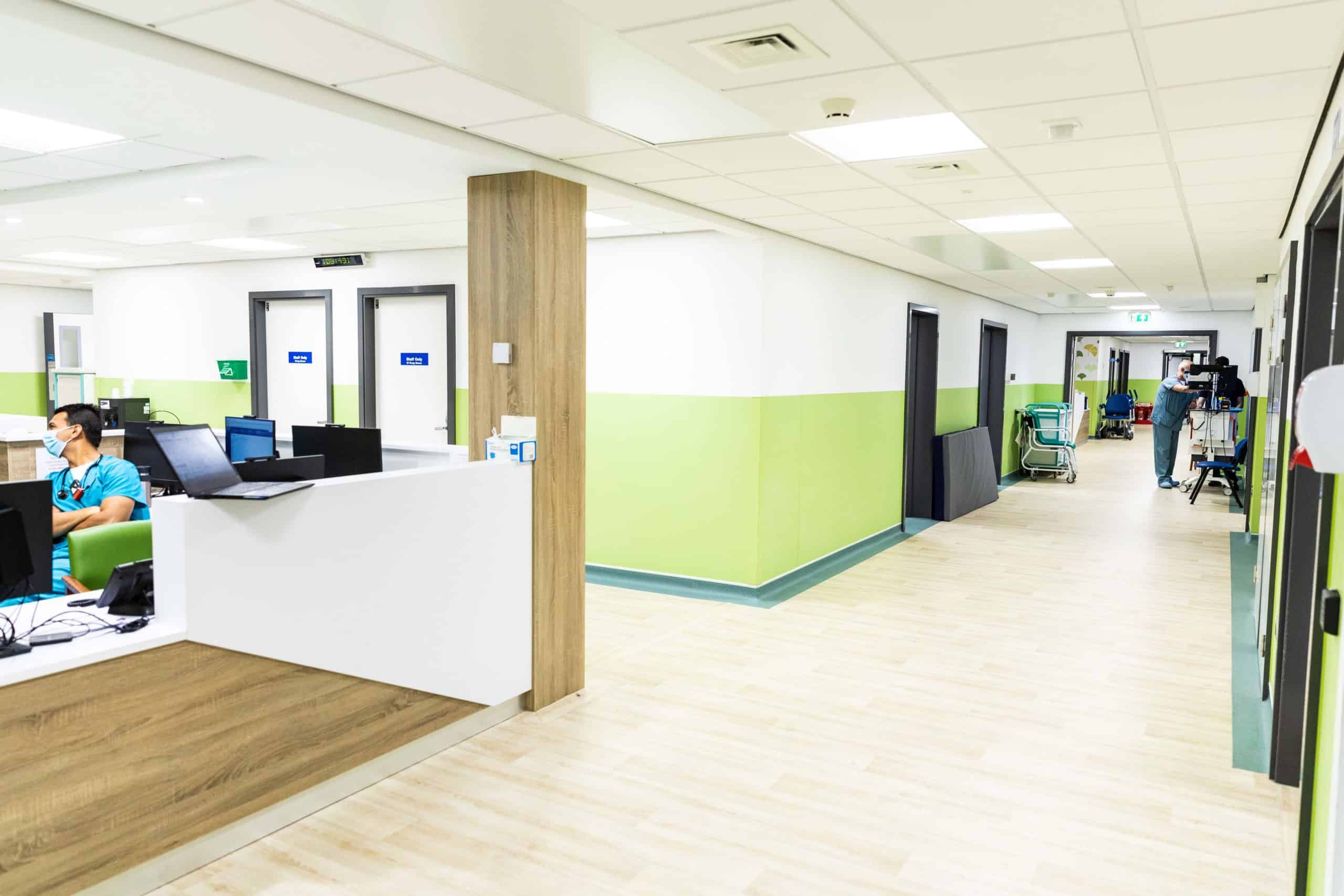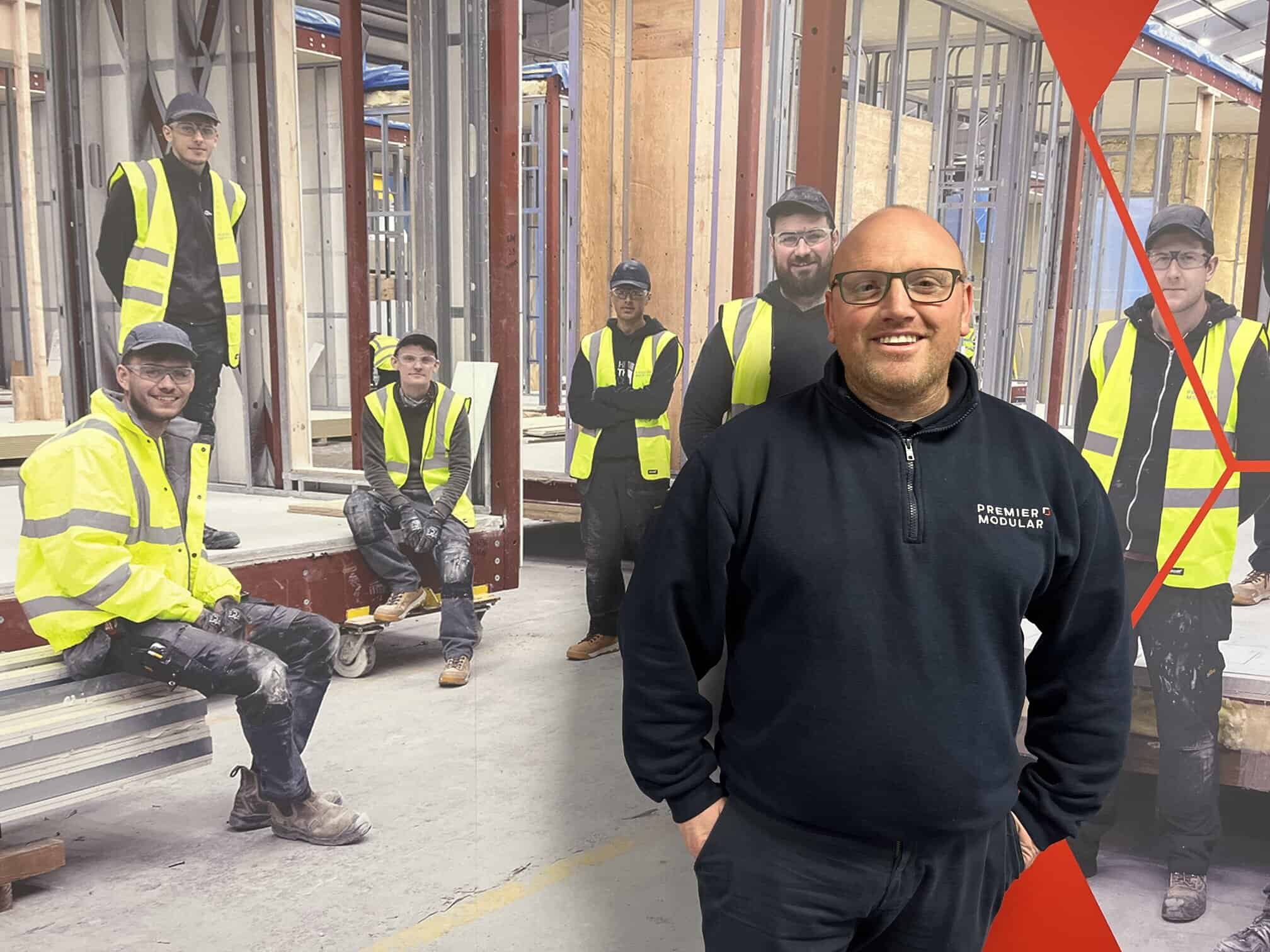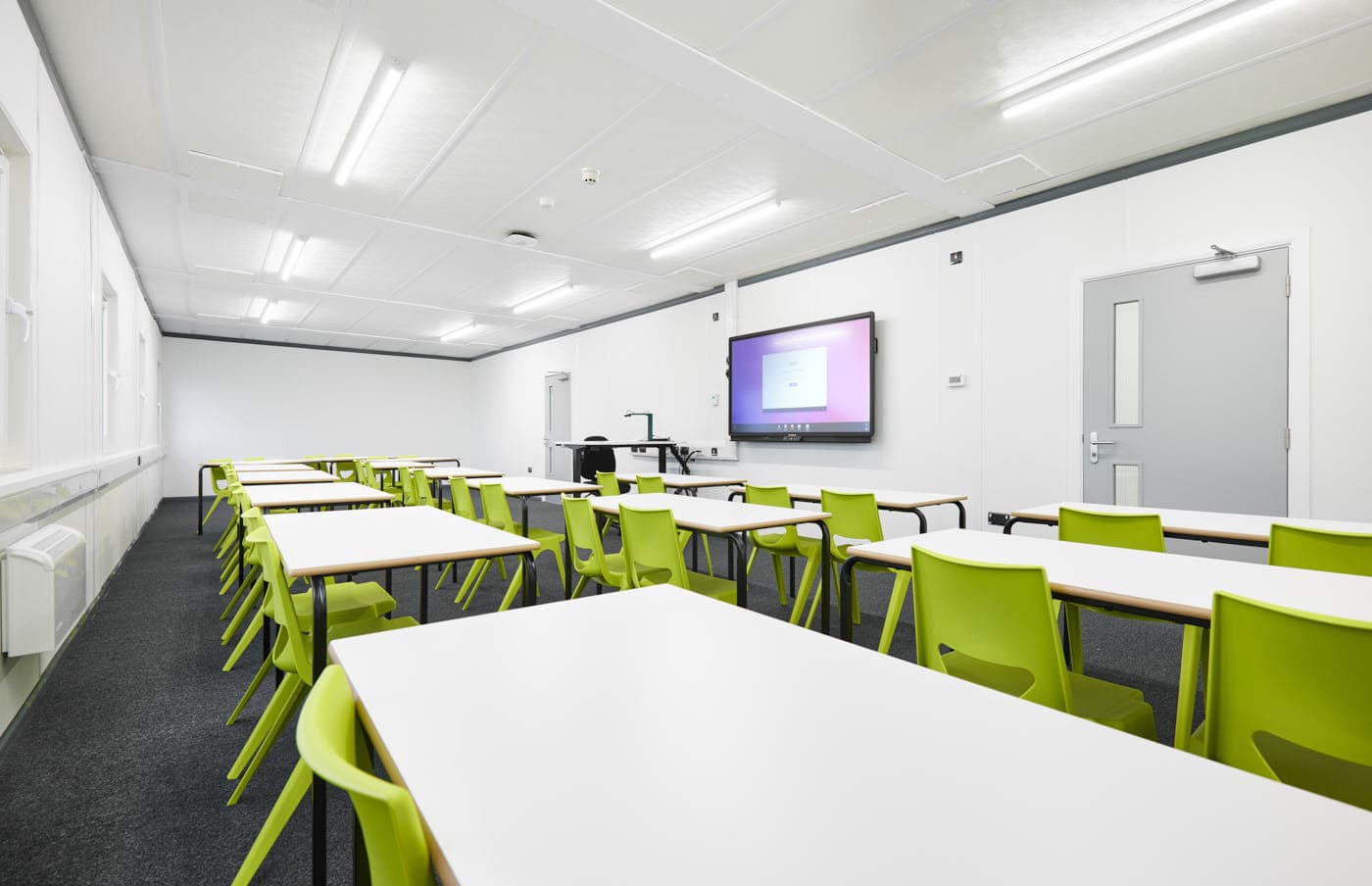When procuring new buildings for healthcare purposes, the agility and cost certainty provided by rental solutions of modular healthcare buildings is a significant advantage. Permanent buildings have their own benefits too, enabling organisations to purchase complex buildings outright, that are flexible in terms of funding. However, the leasing and manufacture of modular healthcare buildings can fall within an organisation’s OpEx budget rather than its CapEx budget, enabling the purchasing organisation to steadily pay for rental solutions whilst sticking to their available funds.
The rapid manufacturing times of modular solutions provide public sector organisations with beneficial short- and long-term opportunities to use their CapEx and OpEx budgets effectively.
Budget barriers
CapEx and OpEx budgets form the fundamentals of any public sector organisation’s financial toolkit. CapEx budgets are usually allocated to purchasing, maintaining or repairing fixed assets such as buildings, whereas OpEx budgets fund the organisation’s everyday operations.
However, using budgets effectively can be complex. For example, projects funded by CapEx budgets, such as infrastructure expansion, often demand a larger initial financial outlay, additional labour and more time than the smaller projects funded by OpEx budgets. More ambitious projects usually require higher stakeholder engagement and need additional resources – a factor that elevates project overheads and makes the management of numerous projects on one budget incredibly challenging.
When it comes to projects funded by OpEx budgets, there are several obstacles that public sector organisations must navigate which include impacting factors, such as monthly users for a particular site or service that can affect the budget available.
Flexible solutions
Premier Modular offers a range of modular building solutions that support NHS Trusts’ requirements, including short- and long-term rental solutions, as well as permanent solutions. Both come with many benefits.
Provided at speed, short-term rental solutions adapt well to the changing needs of healthcare providers, such as reacting to a crisis or sudden capacity demands. Both the building contract and funding solution can be flexible to overcome time constraints and limited budgets. There is also flexibility to extend short-term rental solutions into long-term rental solutions that enable organisations to fund new facilities, at a set amount, over a longer period of time. Opting for a long-term rental solution provides all the flexibility of a short-term solution whilst accommodating evolving demands.
Modular building also presents the opportunity to purchase the building outright, offering a permanent building solution for the healthcare estate. These projects can still be funded flexibly, enabling healthcare providers to procure a permanent facility in line with their timescales and budgets.
Depending on the funding available, up front purchase may not be possible, or the organisation may choose the benefit of added future flexibility. Rental modular solutions provide flexibility and cost certainty, allowing public sector businesses to procure buildings at a fixed cost, without it fluctuating throughout the lease period. This is especially helpful for organisations dealing with periods of increased inflation and interest rates – a benefit in comparison to using CapEx budgets that are sensitive to change during and after a period of economic instability.
In some instances, rental modular solutions can be self-funding. For example, many NHS healthcare services are reliant on the number of monthly users and if a modular healthcare building project increases monthly service users, OpEx budgets will increase accordingly. This would give the organisation more funding to rent buildings, allowing them to provide additional space for more patient throughput and create a continuous cycle of increased users and available operational funding.
Procuring through frameworks also enables the acquisition of all types of modular buildings. Frameworks such as NHS Commercial Solutions, LHC Modular Buildings Framework and Department for Education Condition Improvement Fund allow public sector organisations to assertively invest in credible suppliers and ensure the building solutions are completed to a high standard.
Cost-efficient collaboration
In addition to providing cost efficiency to support procurement budgets, modular solutions foster bespoke collaboration between manufacturers and organisations, right from design to handover. This facilitates proactive site visits which will inform specific healthcare requirements, in turn optimising project and logistical planning, reducing overall time and ensuring budgets are respected.
Above all else, rental modular buildings support organisations to create effective environments for living, working and learning, without compromising on quality and at costs they can afford which fit with their tight budgeting requirements.
Interested in finding out how a solution could help your organisation? Find out more about our rental or permanent solutions, or contact our team today.











